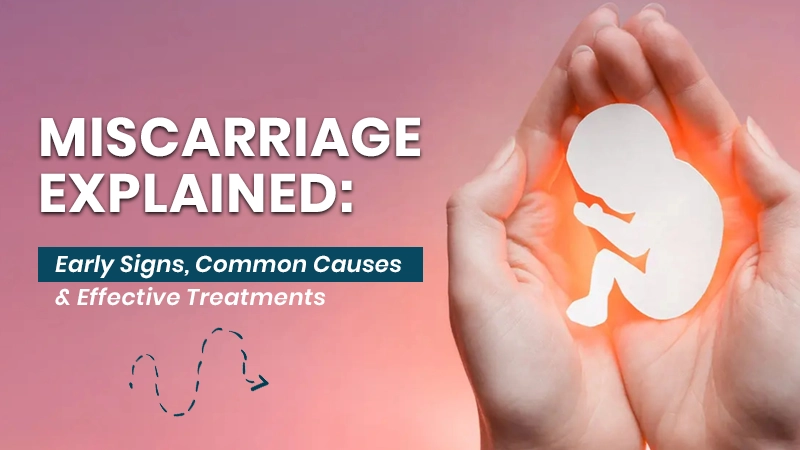Greater Noida is a busy city with many world-class medical services, includin...

- Plot No. 813, Behind Ace City Sector 1, Greater Noida-201306
- 24x7 Available For Your Care
- +91 83838 00553
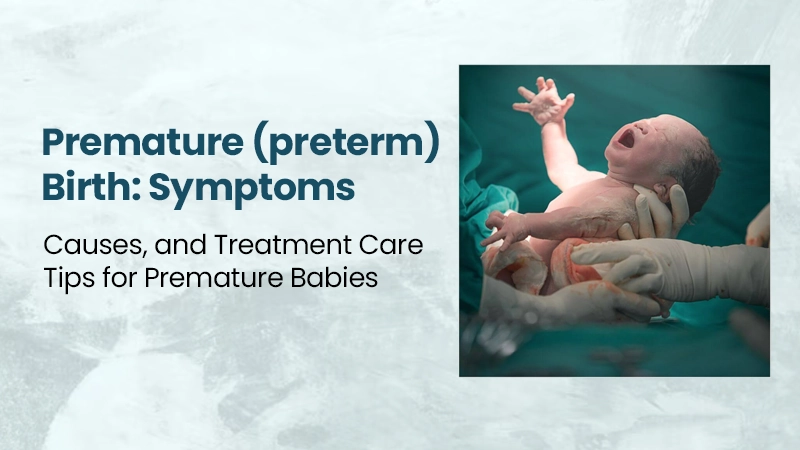
- Aug 27, 2025
- Dr Shipra Varshney
Premature (preterm) Birth: Symptoms, Causes, and Treatment Care Tips for Premature Babies
Premature birth is uncommon, as only a small number of babies are born too early. Read this blog to learn about its causes and how to identify a premature baby. Preterm delivery (also known as premature birth) occurs when a baby is born before completing 37 weeks of pregnancy. It is one of the major challenges in gynecology and obstetrics because it can lead to serious health complications for both the mother and the newborn. Understanding the symptoms of preterm delivery, its causes, and the available treatment options can help in timely intervention and better outcomes.
Symptoms of Premature Birth or Preterm Delivery
Recognizing the early signs of preterm labor is very important. Some common symptoms of premature delivery include:
- Regular contractions or tightening in the abdomen before 37 weeks
- Persistent lower back pain
- Pelvic pressure or fullness
- Vaginal spotting or bleeding
- Increased vaginal discharge or leaking of fluid (possible rupture of membranes)
- Abdominal cramps similar to menstrual cramps
If you notice these preterm labor symptoms, consult a gynecologist immediately.
Causes of Premature Birth or Preterm Delivery
There is no single reason for preterm birth, but several risk factors may increase the chances:
- Infections (urinary tract or vaginal infections)
- Multiple pregnancy (twins, triplets)
- Chronic health conditions (diabetes, high blood pressure, thyroid disorder)
- Placental problems (placenta previa, placental abruption)
- Cervical incompetence or short cervix
- Lifestyle factors (smoking, alcohol, stress, poor nutrition)
- History of previous preterm delivery
Understanding these causes of premature delivery helps in taking preventive measures.
Treatment of Premature Delivery
The goal of treatment is to delay labor as much as possible and ensure the baby’s lungs and organs are developed enough for survival. Common preterm delivery treatments include:
- 1.Medications
Tocolytics: Help slow down contractions
Steroid injections: Aid in faster lung development of the baby
Antibiotics: To prevent infections - 2.Bed Rest and Hospitalization
In some cases, the doctor may recommend complete bed rest or hospitalization for continuous monitoring. - 3.Cervical Cerclage
A surgical procedure where the cervix is stitched to prevent early opening during pregnancy. - 4.Specialized Neonatal Care
If the baby is born preterm, they may need to be admitted to the NICU (Neonatal Intensive Care Unit) for breathing support, feeding assistance, and infection prevention.
How to Take Care of Premature Babies
Premature babies need extra care because they are born before 37 weeks of pregnancy. Most preterm babies stay in the hospital longer and get support in a Neonatal Intensive Care Unit (NICU) or an intermediate nursery.
Doctors and neonatal specialists take care of premature babies round the clock. They help with feeding, breathing, gaining weight, and maintaining body temperature. Some babies may need tubes or special equipment until they are strong enough to live at home with their mother.
Parents also get guidance from the healthcare team to understand their baby’s needs. Learning how to feed, comfort, and monitor a premature baby is an important part of newborn care.
According to the World Health Organization, over 15 million babies are born premature every year, which means 1 in 10 babies arrive early. Preterm birth complications are one of the leading causes of death in children under 6 years. With the right medical support and parental care, premature babies can grow healthy and lead normal lives.
Preventing Preterm Delivery
Though not all cases can be prevented, following these gynecology care tips can help reduce the risk:
- Regular prenatal checkups with your gynecologist
- Maintaining a healthy diet rich in proteins, vitamins, and minerals
- Avoiding smoking, alcohol, and harmful drugs
- Managing chronic health conditions like diabetes and hypertension
- Staying hydrated and stress-free
Conclusion
Preterm delivery is a serious health concern, but with proper awareness, early detection of symptoms, understanding the causes, and timely treatment, risks can be minimized. Always consult an experienced gynecologist if you notice early signs of premature labor.
Frequently Asked Questions (FAQ) on Preterm Delivery
Q1. What is preterm delivery?
Preterm delivery, also called premature birth, is when a baby is born before 37 weeks of pregnancy.
Q2. What are the common symptoms of preterm labor?
The main symptoms include regular contractions, pelvic pressure, lower back pain, abdominal cramps, vaginal bleeding, and leaking of fluid before 37 weeks.
Q3. What causes preterm delivery?
Preterm delivery can be caused by infections, multiple pregnancy, high blood pressure, diabetes, placental problems, cervical incompetence, and lifestyle factors like smoking and stress.
Q4. How is preterm delivery treated?
Treatment options include medications such as tocolytics and steroid injections, bed rest, cervical cerclage, and specialized neonatal care if the baby is born prematurely.
Q5. Can preterm delivery be prevented?
Not all cases can be prevented, but regular prenatal checkups, a healthy lifestyle, proper management of chronic diseases, and avoiding harmful substances can reduce the risk.
Q6. What complications can occur due to preterm birth?
Premature babies may face breathing difficulties, underdeveloped organs, feeding issues, low birth weight, infections, and long-term developmental problems.
Q7. When should I see a gynecologist during pregnancy?
If you experience symptoms like frequent contractions, leaking fluid, vaginal bleeding, or severe pelvic pain before 37 weeks, consult a gynecologist in greater noida immediately.
Related News
Exploring the Effects of Fibroids on Female Health
Fibroids, or uterine leiomyomas, are benign tumours in or on the uterus. Thei...
The Ultimate Guide to Finding the Best Gynecologist in Greater Noida: Top Doctors, Services, and Tips
Finding the best gynaecologist is a crucial step in ensuring your health and ...
How to Choose the Best Gynaecologist Hospital in Noida-Greater Noida
Choosing the best gynaecologist hospital in Noida- Greater Noida can be a cha...
Signs of Preterm Labor: When to Seek Medical Help
Preterm labour, which occurs before 37 weeks of pregnancy, can lead to early ...
When Is It Safe to Travel During Pregnancy? A Trimester-by-Trimester Guide
According to the best gynaecologist in Noida Extension, travelling during pre...
Key Nutrients You Need During the First Trimester: Advice for Soon-to-Be Moms around Greater Noida and Noida
Hey there congratulations on the baby! Starting this amazing ride, you must b...
Do's and Don'ts During Pregnancy
Pregnancy is a beautiful and transformative journey, but it comes with signif...
What Causes Skin Darkening During Pregnancy? Discover the Surprising Reasons
(Dr Priya Shikha Modi, MBBS, MS, OBS, Gynec, Consultant Gynaecologist & H...
Hormonal Imbalance In Women Signs Causes And Natural Remedies
Hormonal Imbalance in Women: Signs, Causes & Natural Remedies
Hormones...
Best Maternity Hospital in Greater Noida & Noida Extension: A Complete Guide for Expecting Mothers
Which Hospital Is Best for Maternity?
When it comes ...
PCOD vs PCOS: Full Guide to Symptoms, Differences, and Treatment
What is the difference between PCOD and PCOS?
PCOD (...
Commonly Gynecological Disorder Conditions: Symptoms and Treatment
Commonly Gynecological Disorder Conditions: Symptoms and Treatment
Gy...
How to Choose the Best Pregnancy Hospital in Greater Noida
One of the most common searches for expecting couples is "What to consider wh...
Best Gynecologist Hospital in Greater Noida
Choosing the Best Gynecologist Hospital in Greater Noida is important for eve...
Best Hospital for Normal Delivery in Noida
Looking for the Best Hospital for Normal Delivery in Noida ? Choosing the rig...
Early Pregnancy Precautions: of Pregnancy 1st Trimester
The first trimester is a delicate and important phase of pregnancy. Knowing t...
Pregnancy with Ovarian Cysts: Safe Treatment Solutions in Greater Noida
Finding out you are pregnant brings joy, excitement, and sometimes a little w...
Premature (preterm) Birth: Symptoms, Causes, and Treatment Care Tips for Premature Babies
Premature birth is uncommon, as only a small number of babies are born too ea...
Exercise During Pregnancy: Benefits Safety and Guidelines
Exercising during pregnancy is safe for most w...
Early Pregnancy Care: Precautions & Signs of a Healthy First Trimester
The first few weeks of pregnancy are very special yet delicate. Taking the ri...
Gynecologist Near Me with Fees – Find the Right Women’s Health Expert
Searching for a gynecologist near me with fees is one of the most common quer...
High-Risk Pregnancy Care in Greater Noida
Pregnancy is a beautiful phase in every woman’s life, but sometimes it ...
Top Gynecological Problems Women Face & How to Manage Them
Gynecological health is very important for every woman. Many females experien...
Understanding Miscarriage: Symptoms, Causes & Treatment
A miscarriage can be an emotionally painful and confusing experience for any ...


25,000 Happy Patients

Modern & Cost-Effective Medical Facilities

19 Medical Specialties





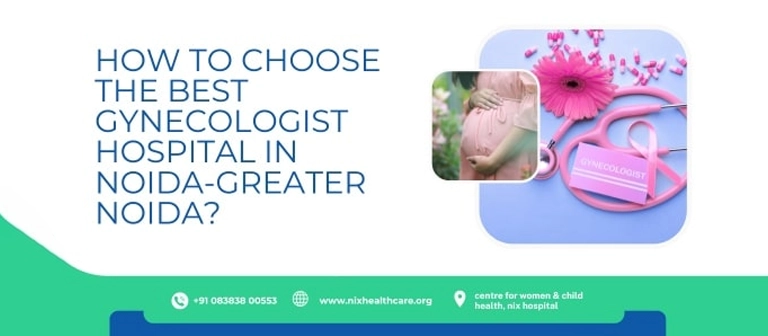
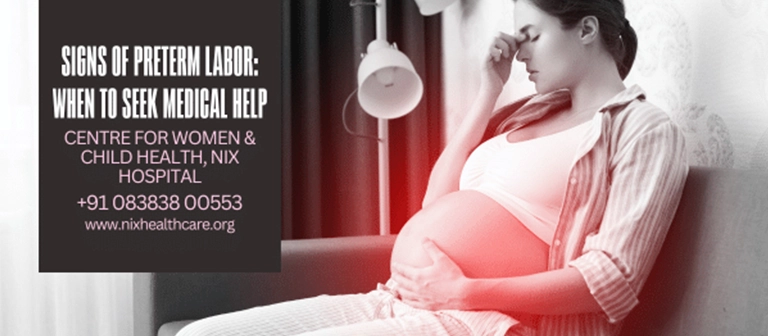






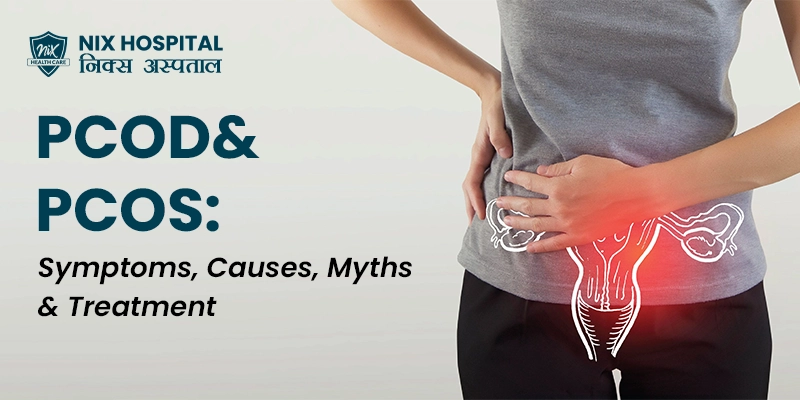
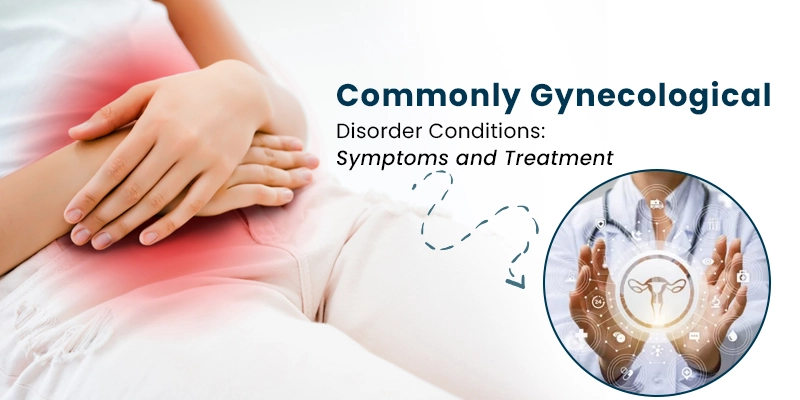
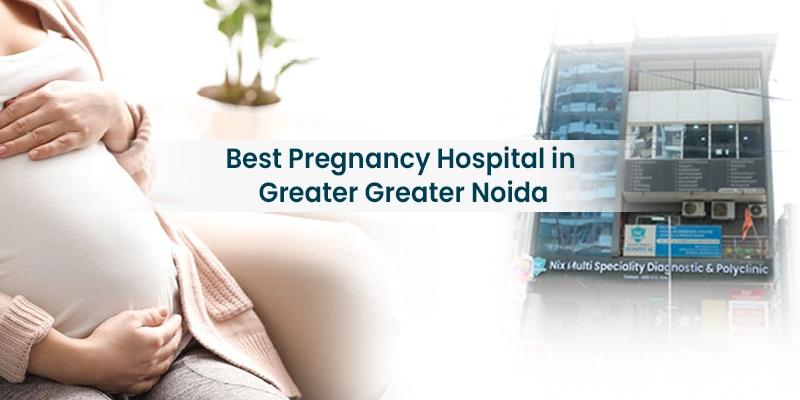

.webp)

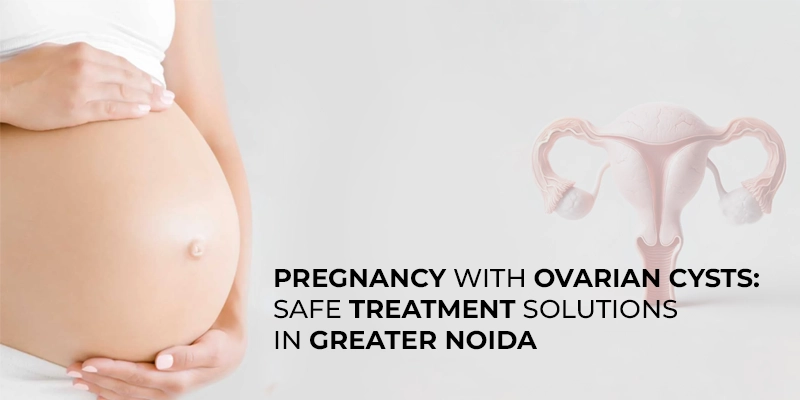
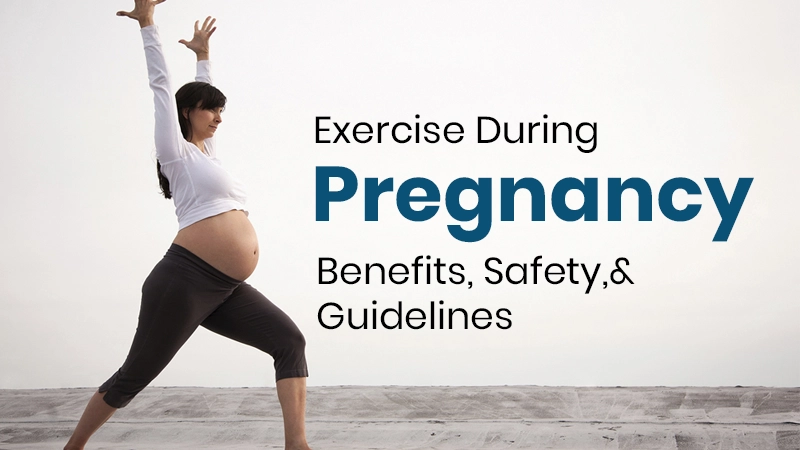



.webp)
